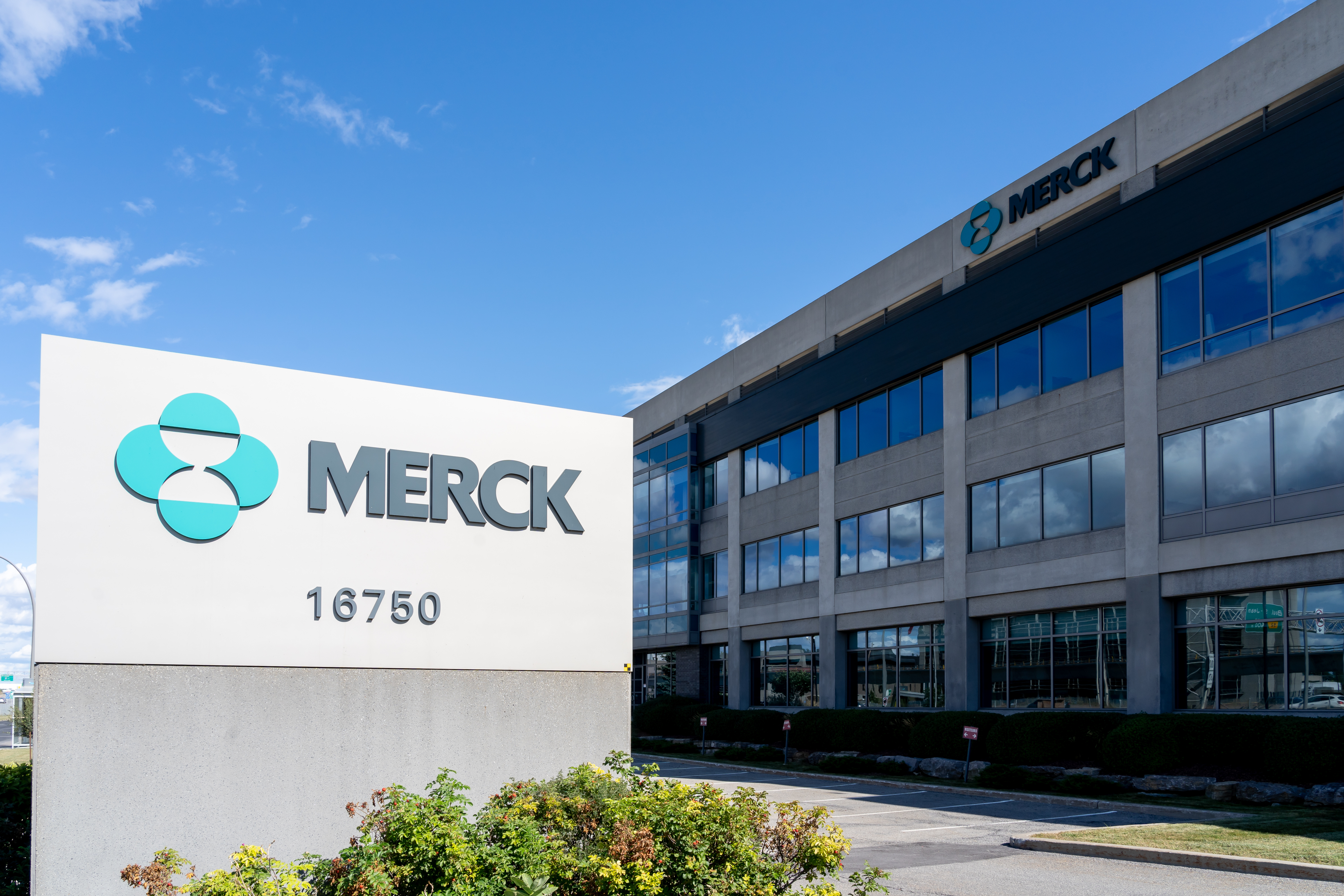First 10 Drugs Named for Medicare Price Negotiations
Transforming healthcare: Medicare begins direct drug price negotiations
On Tuesday morning, the U.S. government announced the first 10 drugs subject to direct negotiations between Medicare and pharmaceutical companies. For the first time ever, Medicare (federal health insurance for Americans over the age of 65) will be able to hash out medication prices directly with pharmaceutical manufacturers. The initiative aims to make essential medications more affordable for millions of Americans and marks a significant step in a broader strategy to rein in soaring drug costs.
The medications were chosen based on a combination of factors, including their high cost to the Medicare program, the absence of lower-cost alternatives, and the large number of beneficiaries who rely on these drugs. In fact, the Centers for Medicare and Medicaid Services (CMS) estimated that these 10 drugs alone accounted for $50.5 billion (about 20% of prescription drug costs for Medicare Part D, Medicare’s medication program) from June 1, 2022, to May 31, 2023.
Here's a rundown of the 10 drugs that have been selected for price negotiations:
- Eliquis: Eliquis is an anticoagulant medication, which means it’s used to prevent blood clotting. It is commonly prescribed to prevent blood clots in patients who are at risk for conditions such as atrial fibrillation, deep vein thrombosis (DVT), pulmonary embolism, and stroke.
- Enbrel: Enbrel, or etanercept, is a biologic medication used to treat various autoimmune disorders, including rheumatoid arthritis, psoriatic arthritis, and ankylosing spondylitis.
- Entresto: Entresto is a medication used primarily for treating chronic heart failure, particularly in patients with reduced ejection fraction, which is a measure of how well the heart pumps blood.
- Farxiga: Farxiga, the brand name for dapagliflozin, is an oral medication used to treat type 2 diabetes and, in some cases, heart failure.
- Fiasp; Fiasp FlexTouch; Fiasp PenFill; NovoLog; NovoLog FlexPen; NovoLog PenFill: These are forms of fast-acting insulin aspart, which is used to treat diabetes. The injections are made by Novo Nordisk.
- Imbruvica: Imbruvica, known generically as ibrutinib, is an oral medication primarily used to treat certain types of blood cancers, including chronic lymphocytic leukemia (CLL), mantle cell lymphoma, and Waldenström's macroglobulinemia.
- Januvia: Januvia, the brand name for sitagliptin, is an oral medication used for the treatment of type 2 diabetes.
- Jardiance: Jardiance, known generically as empagliflozin, is an oral medication used primarily to manage type 2 diabetes.
- Stelara: Stelara, known generically as ustekinumab, is a biologic medication used for treating certain autoimmune diseases. It is most commonly prescribed for conditions like moderate to severe plaque psoriasis, psoriatic arthritis, and Crohn's disease.
- Xarelto: Xarelto, also known as rivaroxaban, is an oral anticoagulant or blood thinner. It is commonly used to prevent and treat conditions like deep vein thrombosis (DVT), pulmonary embolism, and atrial fibrillation.
Background on Medicare price negotiations
Since its inception in 1965, Medicare has been prohibited by law from directly negotiating drug prices with pharmaceutical companies. Instead, medication prices have been set via a complicated system involving pharmacy benefit managers and health insurance providers. This arrangement has often been criticized for lacking transparency and perpetuating high drug costs.
In 2022, however, Congress signed into law the Inflation Reduction Act, a piece of legislation which gave Medicare the ability to negotiate drug prices for the top 50 Part D drugs with the highest total Medicare expenditures. The negotiated prices will go into effect in 2026.
Advocates have argued that the U.S. government, as the largest buyer of prescription medications, should leverage its purchasing power to negotiate better prices. On the other hand, opponents, including many pharmaceutical companies like Merck and Johnson & Johnson, have contended that the negotiations would stifle innovation and lead to fewer advancements in drug development.
What this announcement means for the future
This announcement marks a major milestone in the ongoing efforts to make prescription drugs more affordable for Americans. While the specifics of how these negotiations will unfold remain to be seen, the inclusion of these 10 medications is an important first step. It is hoped that successful negotiations for these drugs will set a precedent for the inclusion of more medications in future negotiations, thereby extending the benefits to a greater number of Medicare beneficiaries.
With healthcare costs remaining a hot-button issue for many Americans, this development is seen as a critical move towards a more equitable and affordable healthcare system. Only time will tell the extent to which these negotiations will benefit the Medicare population, but the initiative undoubtedly represents a momentous step in the battle to lower drug prices.









